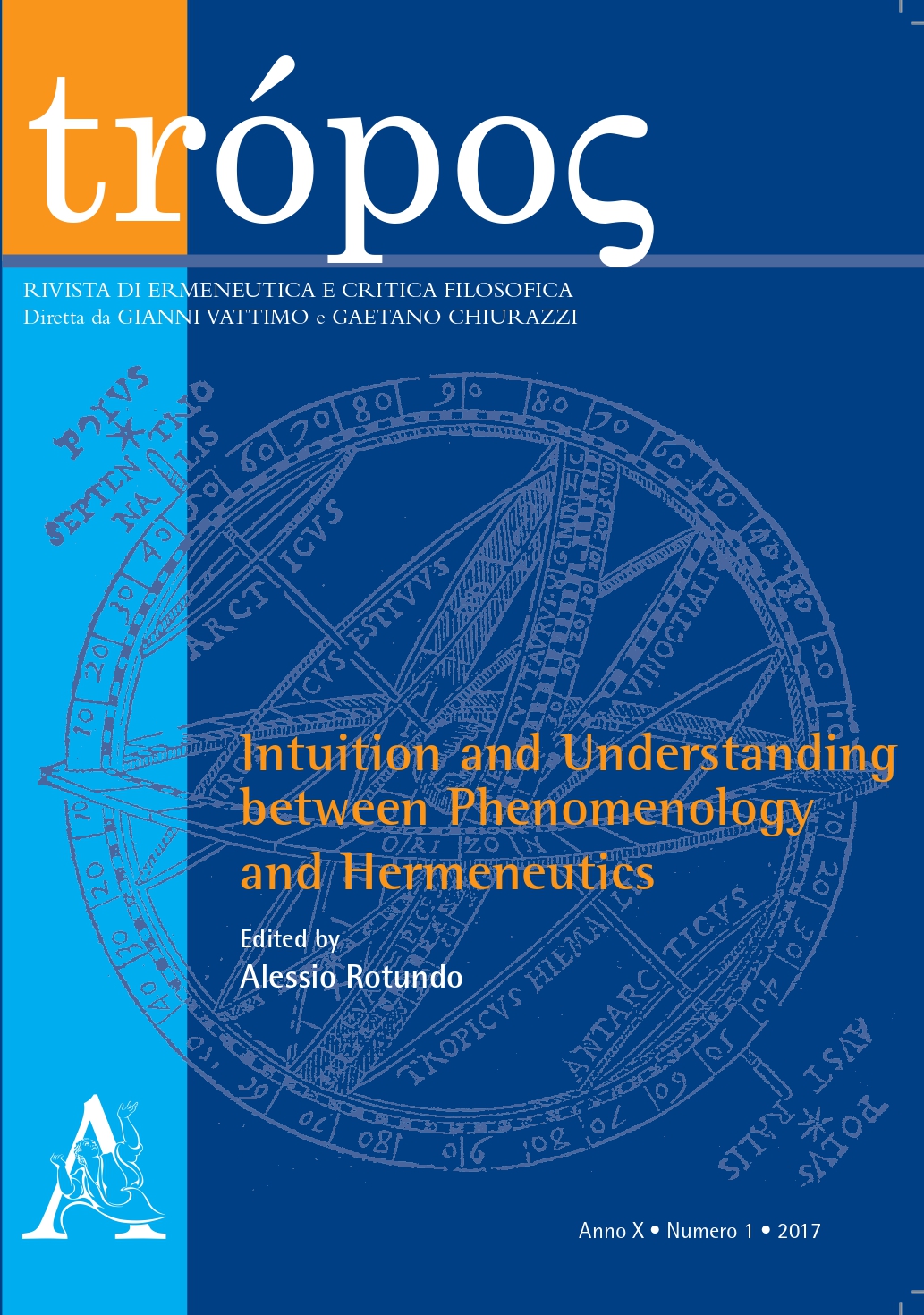Interpretation from the Ground Up
Luigi Pareyson’s Hermeneutics of Inexhaustibility and its Implications for Moral Ontology
Keywords:
Luigi Pareyson, Hermeneutics, Ethics, Personalism, OntologyAbstract
In this paper, I argue that Luigi Pareyson’s hermeneutics, the mature form of which appears in Verità e interpretazione [1971], is at the same time a radical ontology with consequences for both moral and aesthetic theory. In contrast to the better known approaches of Hans–Georg Gadamer and Paul Ricoeur, Pareyson’s account of interpretation strives to respect the interpreted object — whether an everyday thing, a work of art, or a human other — as an inexhaustible plenum whose unitary meaning remains irreducible to any given interpretive framework or historical expression, but which requires a multiplicity of such frameworks and expressions. My argument proceeds via an analysis of the four major features of Pareyson’s thought: (1) aesthetic form as formativity, (2) ontological personalism, (3) the ulteriority of truth, and (4) ethical tragedism. The view that emerges presents the sensible intuition of objects as essentially interpretive on the part of concretely existing persons, who in each case aim to reveal the truth of the object in their interpretive expression. But, owing to the inexhaustibility of being as such, every interpretive expression is doomed to fall short, thus establishing hermeneutic experience as an inescapable and infinite ethical task.


